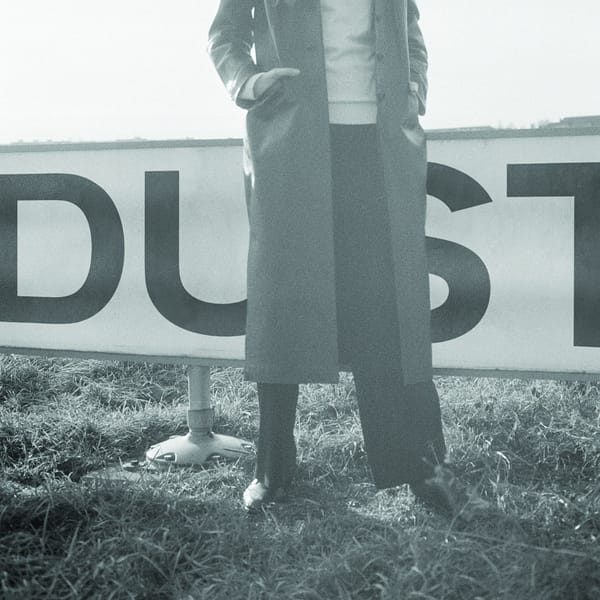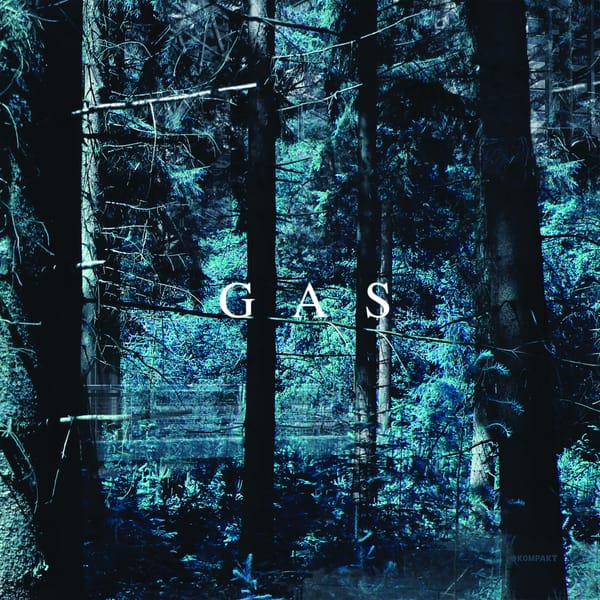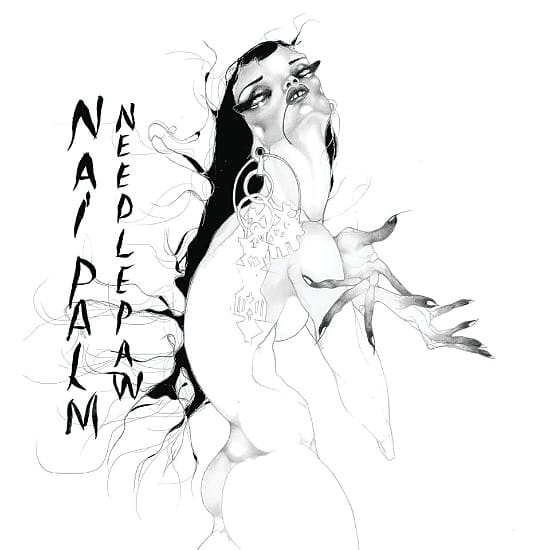Plunge: A clarion call to sexual liberation
Fever Ray’s first album in nearly eight years is a more aggressive work, which examines love, lust, and the uncontrollable id.

In the time that has elapsed between the release of Fever Ray’s eponymous debut, and the surprise launch last week of her follow-up Plunge, much has changed. Eight years have gone by since Karin Dreijer, the musician and activist behind Fever Ray, as well as one-half of the brother-sister duo The Knife, released her echoing collection of meditative, plaintive tunes. During that time, The Knife returned to the studio to produce what could be their last album, Shaking the Habitual – a sonic form of protest in which The Knife stopped using delightful-yet-menacing electronic-pop as a vessel for their political messages, instead opting for a much clearer and abrasive direction.
While The Knife has always been a political band, with Shaking the Habitual they took things to a logical conclusion: they packaged their triple-LP box-set with a satirical cartoon about ending extreme wealth, which took on concepts of white privilege and surplus labour, and then doubled-down for their tour, which saw Karin and Olof cavort among a troupe of musicians, subsuming themselves beneath the collective.
“In Plunge, Fever Ray is disarmingly direct, unleashing a torrent of eroticism”
Shaking the Habitual was accompanied by a manifesto, and Plunge does the same, but while her role in The Knife was one member of something bigger, with Plunge, Dreijer interrogates her own life and loves. She examines her relationships and her lust, placing the two front and centre, arguing that free sexual expression is itself an act of liberation. While in Fever Ray Dreijer was willing to hide behind vague dreamscapes and domesticities, such as in ‘If I Had a Heart’ or ‘Seven’, in Plunge she is disarmingly direct, unleashing a torrent of erotic thoughts, expounding on the pleasures of the flesh like an unhinged Freudian id. In ‘IDK About You’, whose pulsing beat was the result of collaborating with 20-year-old Portuguese wunderkind producer Nídia, Dreijer seems to be organising a hook-up: “let’s meet up when the time is right,” she moans, against a sample of orgasmic gasps, “let’s find out if our spirits meet, let’s push and tweak.” Similarly, she ends the anthemic track “To the Moon and Back”, which is built around shimmering cascades of synth blasts, with “your lips, warm and fuzzy / I want to ram my fingers up your pussy”. It’s a marked departure from the moss she sang of back on Fever Ray.
Dreijer also neatly reverses the feminist maxim of the 1970s: not only is the personal political, but the political is personal too. In ‘This Country’, which echoes earlier tracks by The Knife, most notably ‘You Make me Like Charity’, Dreijer lists demands – ‘free abortions / clean water / destroy nuclear’ – before screeching that ‘this country makes is hard to fuck’. Similarly, in ‘Falling’ she explores the feelings of shame that parental figures – both literal and societal – can engender: ‘Mom just had a feeling / you made me dirty, again’. For Dreijer, giving yourself over to erotic pleasure is in itself a radical act. Since her last album, great strides have been made in LGBT+ rights in the West, but the argument has been single-mindedly focussed on same-sex marriage, without raising issues of economic inequality or the dangers of assimilation. Dreijer’s polymorphic kink-dom seems to be a rebuke to this mindset, questioning the politics of sex.
This sea change is also reflected in her music, making itself manifestly obvious in the album’s opener, ‘Wanna Sip’, whose dance-inflected rhythms, filled with frenetic energy, mark a point of departure from her previous work. While Dreijer continues to make use of her trademark technique of multi-tracked, pitch-adjusted vocals, in Plunge she brings her own voice louder in the mix, refusing to hide behind a chorus of her own creation. Her vocals float and splutter high above shattering, wonky beats, anchored by deep bass. Dreijer also seems to be more willing to test the listener: while there is nothing like the 20-minute soundscape found at the centre of Shaking the Habitual, Dreijer frequently allows minutes of instrumentation to pass by before entering her vocals into the mix, giving tracks space for the beats and synths to build up into a cacophony. While Fever Ray made use of a semi-natural palette, with pan-pipes and drip-like drums forming a texture that could be described as ‘earthen’, Plunge eschews these for a harsher, more industrial sound.
“Fever Ray continues the exploration of family found in The Knife’s work”
As the name may suggest, certain aspects of Plunge are like being doused in icy water. However, there is more than enough in the album to satisfy fans of Fever Ray’s earlier work. For all the talk of fucking and the suggestions of sweating bodies, there is a tenderness and warmth: in the accompanying manifesto, Dreijer suggests that the ‘plunge’ the album alludes to is actually falling in love, or at least into a form of intimacy. Much of the album continues an exploration of family structures evident on The Knife tracks like ‘Marble House’ and ‘Forest Families’; but while those tracks looked at the family unit as something fixed, with Plunge Dreijer is creating her own networks. ‘A chosen family / to love / to trust’ she sings in ‘A Part of Us’, while in ‘An Itch’ she asks the listener to ‘imagine: touched by someone who loves you’.
The album closes with ‘Mama’s Hand’, a calming, haunting track, in which Dreijer speaks of how ‘we had so much to say / when you finally / find a new family’. We end the album with an idea of what Dreijer has been searching for all this time, the radical liberation for which you take the plunge: ‘The final puzzle piece / This little thing called love / The missing thing called love / A little thing called love’.









